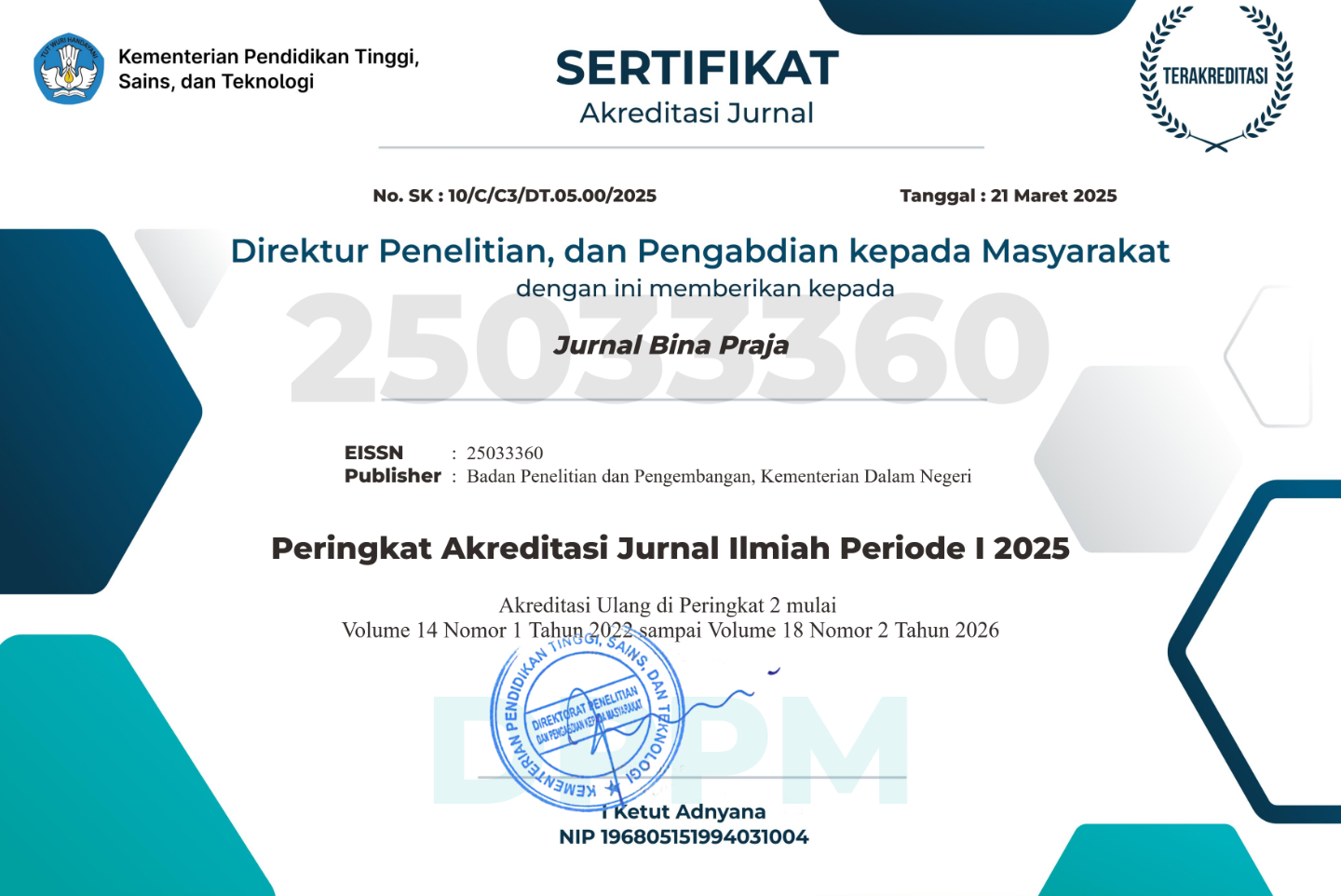Kelayakan Industri Kopi di Provinsi Kalimantan Barat
DOI:
https://doi.org/10.21787/jbp.06.2014.205-211Keywords:
produk komersial, kelayakan industri, bahan baku, teknologi.Abstract
Abstrak
Tujuan penelitian ini adalah untuk mengetahui kelayakan industri kopi rakyat sebagai penghasil produk komersial di Kalimantan Barat. Penelitian dilakukan secara deskriptif dan observasi untuk mengetahui potensi bahan baku, potensi pasar dan pemasaran, ketersediaan teknologi, dan analisis kelayakan finansial pendirian pabrik. Hasil-hasil penelitian menunjukkan bahwa ketersediaan bahan baku berupa hasil panen kopi menurun setiap tahun dan ketersediaannya pada setiap masyarakat kecil, dan tidak menarik bagi petani untuk budidaya komersial, kalah bersaing dengan keberadaan tanaman karet, kelapa sawit, atau tanaman hortikultura atau perkebunan lain, sehingga masyarakat enggan menanam kopi kembali. Walaupun, pemasaran kopi tersedia pada pasar domestik, pasar nasional, dan luar negeri, akan tetapi mutu kopi yang berkaitan dengan keunggulan rasa, aroma, dan indikasi geografi merupakan keunggulan tersendiri, yang belum tampak untuk hasil kopi asal Kalimantan Barat. Teknologi pengolahan kopi menunjukkan adanya kesiapan teknologi untuk aplikasi, seperti teknologi untuk menghasilkan produk kopi primer dan kopi sekunder. Saran yang dapat diberikan adalah budidaya kopi dan produk kopi luwak liar (Paradoxurus hermaphrodites) dari Kabupaten Sambas perlu diperhatikan dan dibina intensif oleh Pemerintah Daerah setempat, agar memiliki peluang komersialisasi kompetitif. Sebaiknya Pemerintah Daerah membina kembali teknik budidaya dan manajemen usaha tani kopi.
Â
Abstract
The purpose of this study was to determine the feasibility of the coffee industry folk as a commercial producer in West Kalimantan. Research conducted descriptive and observation to determine the potential of raw materials, market potential and marketing, availability of technology, and financial feasibility analyzes plant establishment. The results of the study showed that the availability of raw materials such as coffee yields declined every year and its availability on every small community, and not attractive to farmers for commercial cultivation, where plants can not compete with rubber, palm oil, or other horticultural crops or plantation, so people are reluctant to plant coffee again. Although, the marketing of coffee available on the domestic market, national market and abroad, but the quality of the coffee that is associated with superior taste, aroma, and geography indications is its own advantages, which have not seemed to result from West Kalimantan coffee. Coffee processing technology indicates the readiness of technology for applications, such as the technology to produce coffee of primary and secondary copy. Advice can be given is the cultivation of coffee and wild civet coffee products (Paradoxurus hermaphrodites) from Sambas district and fostered intensive note by the local government, in order to have a competitive commercialization opportunities. Local Government should re-establish cultivation techniques and management of coffee farming.
Downloads
References
Cahyana, Agus., 2008, Studi Pengembangan Desain Kerajinan Anyaman Pandan Sentra Industri Kecil Rajapaloh Kabupaten Tasikmalaya, Program Studi Seni Rupa Murni, Fakultas Seni Rupa dan Desain, Universitas Kristen Maranatha, Bandung.
Karo, H. S. A., 2009, Analisis Usaha Tani Kopi di Kecamatan Simpang Empat Kabupaten Karo, Skripsi, Departemen Agribisnis, Fakultas Pertanian Universitas Sumatera Utara, Medan.
Mulato, S., S. Widyotomo dan E. Suharyanto, 2010, Teknologi Proses dan Pengolahan Produk Primer dan Sekunder Kopi, Pusat Penelitian Kopi dan Kakao, Jember.
Mulato, S. dan E. Suharyanto, 2011, Post Harvest Coffee Processing in Indonesia - An Introduction to Good Manufacturing Practice, Indonesian Coffee and Cocoa Research Institute, Jember.
Soraya, Putri., 2011, Studi Industri Kerajinan Serat Agel di Desa Salamrejo, Kecamatan Sentolo Kabupaten Kulon Progo, Program Studi Ilmu Sosial dan Ekonomi, Universitas Negeri Yogyakarta.
Surat Keputusan Gubernur Provinsi Kalimantan Barat Nomor 505 Tahun 2002 tentang Komoditi Unggulan Daerah Kalimantan Barat.
















